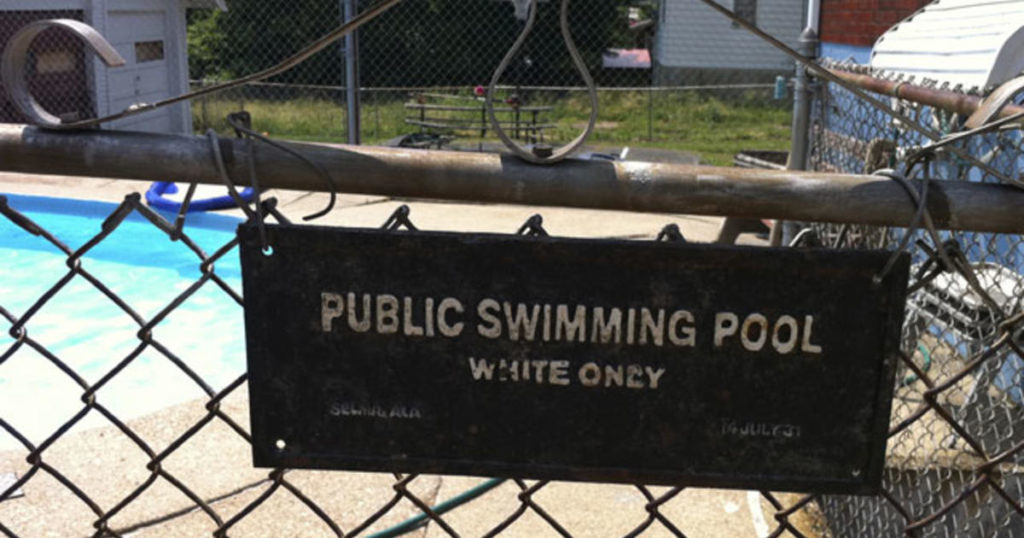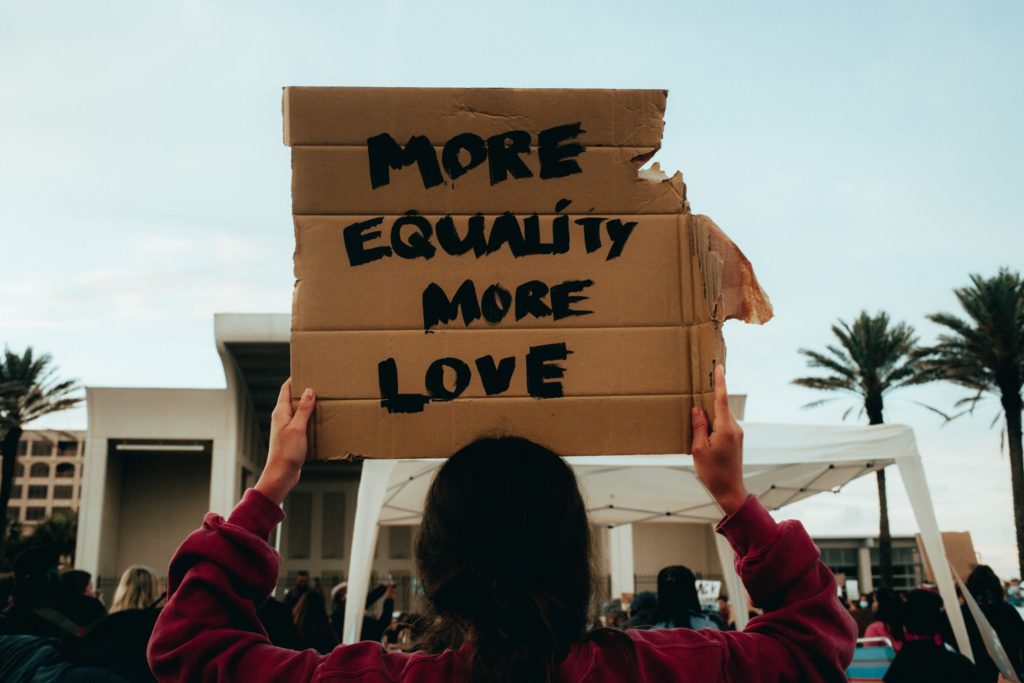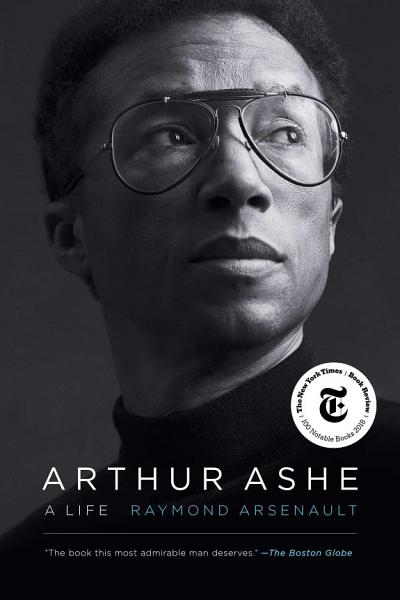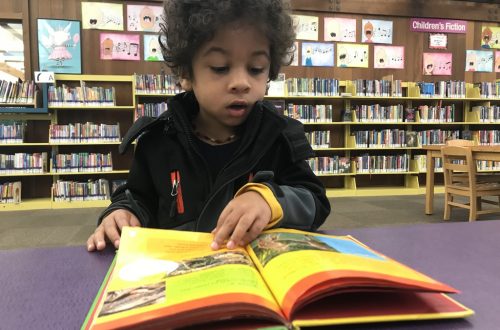
Billie Jean King and Arthur Ashe: A lesson for parents and kids in equality
Two very different people, from disparate backgrounds, Billie Jean King and Arthur Ashe, made a huge impact on both the tennis court and the world. They fought prejudices and widespread discrimination to become number one, world-renowned tennis champions as a woman and as an African American. What’s more, they challenged these same equality issues when they were off the courts. They took their fight to the streets of our communities and the government of our nation to make positive changes for all, not just athletes. We believe our world needs more selfless leaders like Billie Jean King and Arthur Ashe, and by educating our children on their lives and legacies, we are inspiring young leaders and change-makers.
On the Courts

Although her first sports were softball and basketball, Billie Jean wanted to pursue tennis from the moment her racquet hit the ball. In fact, as a fifth grader, she told her mother, “I am going to be Number 1 in the world!” However, she quickly realized the standards were different for her than her male counterparts. While participating in a tournament at the Los Angeles Tennis Club in 1955, Billie Jean was told she couldn’t be in a group picture of junior tennis players because she wore tennis shorts instead of the traditional dress worn by females. As she developed her skill and expertise, competing and winning tournaments throughout her teen years, she eventually turned pro. And, when she won her first major tournament, she was shocked again to realize the prize money awarded to her was significantly less than the men’s winner. “She took this injustice and used it as fuel to power both her game and her future social advocacy,” according to her biography on www.billiejeanking.com.

Similarly, as a young boy, Arthur Ashe, was impacted early on by prejudices. Although he played competitively for years up to his teens, Arthur was limited due to segregation among communities in his hometown of Richmond, VA. He was only allowed to play against black opponents on outdoor tennis courts for blacks. With the help of his coach and mentor, Dr. Walter Johnson, Arthur became the first African American to play in the 1958 Maryland boys’ tennis championship. He saw this as a way out of the segregated east coast, and took an opportunity to move with his coach to St. Louis, Missouri. After lobbying by Dr. Johnson, Ashe was granted permission to compete in the previously segregated U.S. Interscholastic Tournament and won it for his high school. He was even featured in the 1960 December issue of Sports Illustrated as a “Face in the Crowd.” Ashe continued his winning streak in the 60s and 70s becoming the first black player selected to the US Davis Cup Team and the only black man ever to win the singles title at Wimbledon, the US Open and the Australian Open. However, he still encountered racial injustices on an international level. In 1969, Arthur first applied for a visa to travel and play in the South African Open. The country’s government enforced a strict policy of racial segregation and denied him a visa despite his number one U.S. ranking. He continued to apply for visas every year and was denied each time. This was the beginning of his two decade long fight against racial injustice.
Billie Jean supported her friend, Arthur, in his fight for racial equality among tennis players all over the world. “I started realizing that everyone wore white shoes, white socks, white clothes, and everybody was white. And I asked myself, ‘where is everybody else?’,” remembers Billie Jean. While her circumstances were a bit different, she understood Arthur’s struggle. “It is about respecting every human being, no matter where they come from or who they are, what culture, what religion, what sexuality, whatever. It is really about respect.”
Off the Courts
These all-star athletes realized that their name and fame gave them an opportunity to bring these critical inequality issues to light. They gathered supporters on and off the courts to help them carry out their mission to fight inequality. After pioneering and advancing the fight for equality for women in sports with efforts such as helping to pass Title IX, co-founding World TeamTennis and WomenSports magazine, as well as starting the Women’s Sports Foundation, Billie Jean sought to improve the workforce for women. And, in 2014, she founded the Billie Jean King Leadership Initiative, a non-profit dedicated to addressing critical issues required to achieve diverse, inclusive leadership in the workforce. Her many accolades and honors received throughout her lifetime recognize her influence and advocacy on behalf of women and the LGBTQ community, including the 2009 Presidential Medal of Freedom. Her lifelong fight for equality and justice for all still continues today.
Ashe was also an active civil rights supporter and a voice for equality throughout his career and retirement. In fact, he was arrested for protesting outside the Embassy of South Africa in Washington, D.C., during an anit-apartheid rally, and again in 1992 outside the White House for protesting the crackdown on Haitain refugees. Following some heart and other health-related issues forcing him to retire in 1980, Ashe was diagnosed with AIDS. After he went public with his illness, he founded the Arthur Ashe Foundation for the Defeat of AIDS which raises awareness about the virus and advocates for sex education and safe sex. A few months prior to his death, he founded the Arthur Ashe Institute for Urban Health to help address issues of inadequate health care delivery and was named Sports Illustrated’s Sportsman of the Year. Ashe passed away from complications of AIDS in February 1993 at the age of 49. On June 20, 1993, he was posthumously awarded the Arthur Ashe Presidential Medal of Freedom by President Bill Clinton for his tireless and successful efforts to improve racial equality.

Billie Jean once said, “I want to use sports for social change.” These two tennis legends used their sport and their voice to create a positive change for future generations. They became role models for all young children, not just the ones with a racquet in hand. They have inspired a world to accept and celebrate our differences by challenging the status quo and trailblazing a path to equality. As parents, we can use the life legacies of Billie Jean King and Arthur Ashe as examples on how to recognize inequality and continually create change for a better future. We hope you share their stories with your kids and let us know how they respond. Connect with us on Twitter @MapsCookingKids or on Instagram @MapsCookingKids.
Until next time, Agape, be kind, and happy parenting!







